“No matter how much you spend on an RV, you still have to do maintenance on it,” says GiGi Stetler, founder and CEO of Florida’s RV Sales of Broward, a company that repairs around 300 recreational vehicles annually.
To help stave off the most costly issues before they develop, she says, take your RV for a professional, 50-point inspection every year. And while some maintenance will still be inevitable, Stetler recommends focusing on the most common problems. Here are the RV issues she sees most often—and how you can help steer clear of them.
Tire Blowouts
“Tire blowouts are very common—especially in hotter climates where the highways heat up,” Stetler warns. Here’s what to do.
- Research the tires you have and make sure their load rating is adequate for the weight of your camper.
- Use an equalizer system as part of your towing equipment, so you don’t weigh down one particular tire.
- Know the ideal inflation level of your tires—and be sure to maintain it.
- Regularly check sidewalls for cracking, which is a sign that your tires will need to be replaced soon.
Roof And Window Leaks
“All campers are prone to water leaks, and they all require regular semi-annual maintenance,” explains Stetler. This means removing and replacing all the old sealant—around every window, light and seam, and anywhere else there’s an opening. Many manuals specify which sealants—from butyl tape to silicone—to use on each component of the vehicle. But while it’s possible to perform this painstaking work yourself, Stetler recommends having a professional do it. Either way, it beats the alternative: having to gut the interior because of mold or rot.
Toilet Malfunctions
Unless you have a bad seal or gasket causing a leak around the toilet, the main thing you’re likely to face is clogging, says Stetler.
To Help Prevent It:
- Keep your black dump valve closed to prevent liquids from draining out while solids stick to the sides.
- Use only RV/marine toilet paper.
- Let the bowl fill completely before flushing.
To Fix It:
- Break up solids with chemical de-clogging products safe for septic systems.
- Try a flexible toilet tank wand.
- Keep driving. It may help get things moving again.
Burst Water Lines
Improper water pressure can cause problems in any weather, says Stetler, but burst water lines are especially common in cold temperatures. Always make sure you have a water pressure regulator hooked up on your water intake hose. And if you’re planning to be on the road when it’s around or below 32 degrees, you should have your camper professionally winterized.
Battery Failure
Corrosion is a major battery killer, so regularly inspect batteries to ensure that contacts are clean and moisture free. Some owners clean their terminal connectors with wire brushes or baking soda, but you can also use commercial terminal battery cleaners. Keeping the batteries fully charged is essential for long-term performance; letting them go lower than 20 percent charged will damage them. And if you’re storing the vehicle for a prolonged period, disconnect the batteries completely.
Now that you’ve helped safeguard your ride, see if you could save money with RV insurance from GEICO. Get a fast, free quote today.
Read more: Easy, Affordable DIY RV Remodel Projects

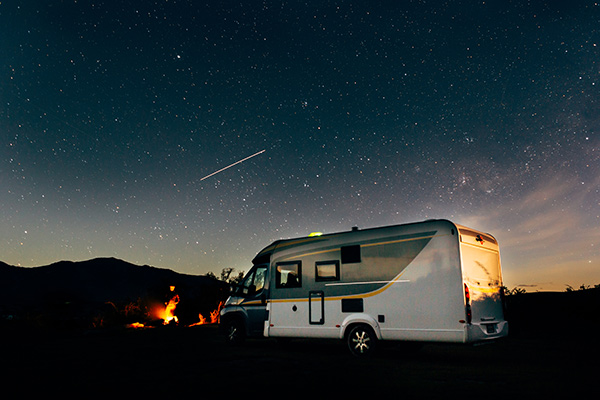



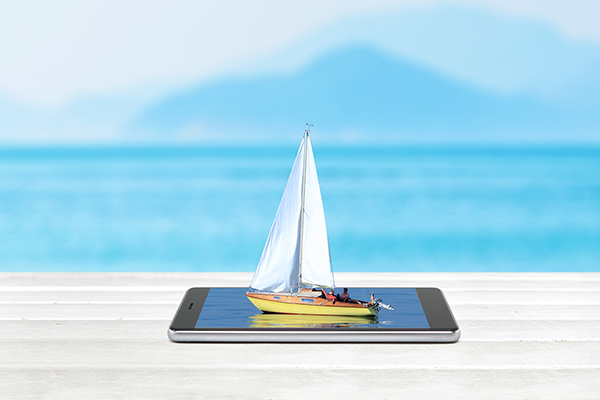

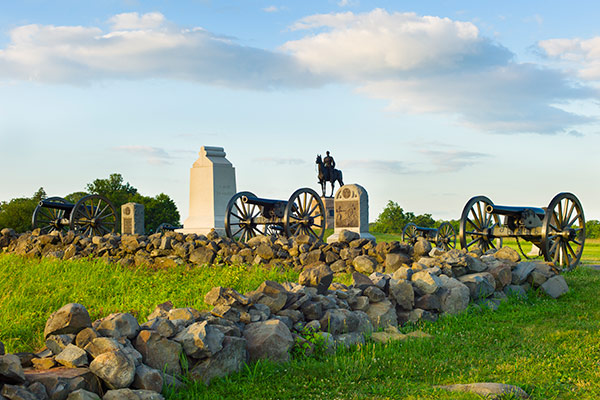
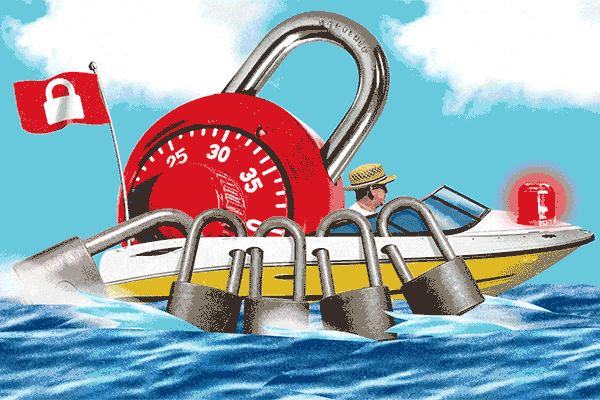
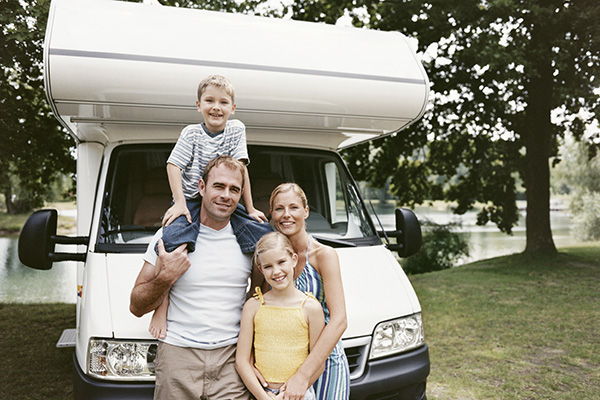
Michael Katz says,
Your tire blowout advice is deeply flawed. Trailer tires, for example, “age out” rather quickly. If one waits to observe sidewall cracks or tire wear before replacing trailer tires, one will be courting disaster.
Jeffery Horn says,
How does a person tell the age of their tires? What is the proper age of a tire to have to replace it? This is very true because I failed to check the date of the tire and had three blowouts within 200 miles on open road with no stations.